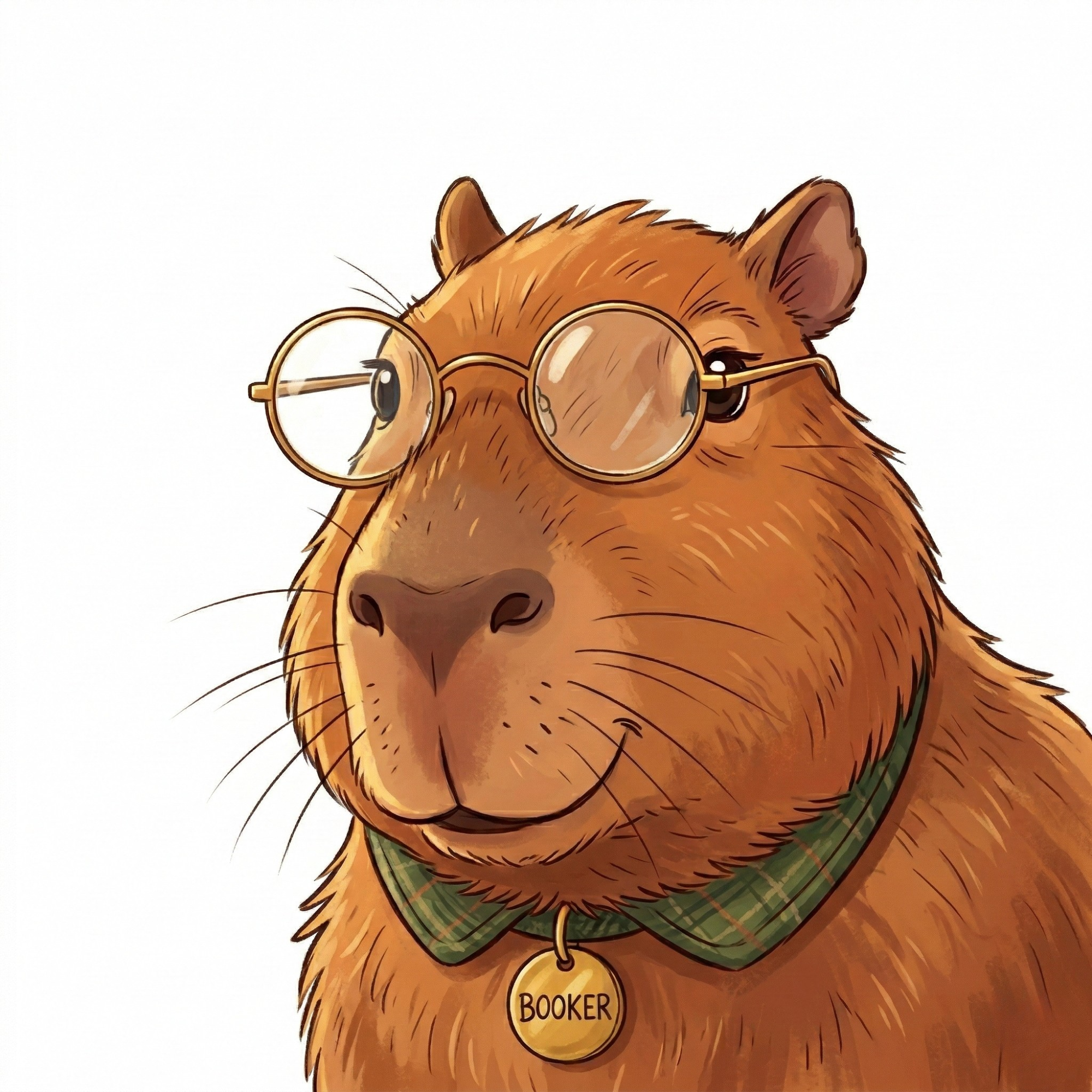What if you couldn’t look at a screen for longer than a minute?
In late September 2025, that became my reality.
One morning, I woke up to an unsatisfiable scratchiness in my eye.
Then came the vicious light sensitivity that hit anytime a different strength of illumination streamed in (blinks included). Eyes open or closed there was no escape from the rising agony.
Sunlight felt like knives driving into my right eye. Even indoors, the glow of my phone left me squinting, knuckles pressed against my brow to dull the stabbing sensation coming from my retina.
Swollen and drooping, eye red like a raisin, my face-ached from holding it open with the strain of a man holding a crushing barbell overhead.
Two days after the swift onset, I knew I was in trouble. By day 3, I was in the worst pain of my life and had to be driven to the ER.
Sitting in the dark bay, shades on, eyes shut, storms of white jolted me like a fist to the head. Dizziness and nausea cinched my senses, while an impatient ER doc shined fierce white light into the afflicted orb. It got worse when he reached his fingers over to pry the enflamed lids open to complete his examination. Moans of despair drifted from my mouth before I was finally discharged.
Two days later, my world changed. Bottles of eye drops stood beside strange swamp-green colored pills–- a strict regimen to be followed for the next week. Meanwhile, I was strongly advised against driving, and told the unthinkable: no extended screen time.
For most people, that’s a nuisance.
For me, a novelist, it felt like having oxygen cut off. Writing isn’t just my profession— it’s the pulse of my life. And suddenly, every time I sat at the keyboard, the pain was so sharp it forced me to stop.
Once the immediate emergency passed, a different weight settled in.
I fell into an interval of depression.
Just a week prior, I was a functional independent adult. Now: no driving, no teaching, no heavy screen usage, minimal screen work. Only sitting in a dim lonely house with sunglasses donned, evading natural light like Blackula.
What could I do? How could I still write without a screen?
Enter AI.
For most of 2025, I’d been experimenting with ChatGPT’s audio input. I dictated journals, outlined novel scenes, recorded random thoughts and ramblings with the chatbot.
As a result of all that usage, its knowledge context of my work and communication style, including my writing, is unmatched.
Suddenly, all that saved memory and my familiarity with working with AI became my lifeline.
So I picked up my phone and dictated the skeleton of a scene for my latest novel project Cereus & Limnic: Escape From Okinawa - Type B using notes I’d already created.
Then I went a step further. Since screens were out, that meant no long editing sessions on desktop to continue producing the audiobook for my recent novel release, the unique Prompted Hearts & Grief Algorithm.
Armed with my phone, I opened the Recorder app, pulled a print copy off my shelf and hit record.
I read the first chapter straight through, added a few stock videos and a minimalist book cover, then uploaded it to YouTube.
This became the “anti-audiobook” version of the novel. A single take contrast to the standard no breath, sound-stomped audiobooks out there. Surprisingly, in less than a week, it’s already become one of my most popular audiobooks released on YouTube to date.
In that way, limited sight turned into a source of inspired innovation, all thanks to ChatGPT.
That’s the lesson this injury drove home: AI isn’t just about speed or convenience.
It’s about resilience. It keeps your voice alive when life throws a wall in front of you. For writers— whether you’re dealing with injury, disability, or just the grinding demands of daily life— that can be the difference between silence and survival.
There’s a lot of nervous uncertainty about AI right now. I understand where it comes from. It’s taken me years of constant experimentation (including many failures) to become as comfortable as I am with it. As I explained to a friend, the hard part about the technology is that you have to make it work for your specific life situation. You likely won’t use it in the exact same way I do.
But it is worth it to at least try it. If you’re one of those writers who took someone else’s word about staying away from it, then you might be missing out on the greatest life-enhancing tool since the internet (big claim I know.)
At this point, my sudden and severe eye condition has baffled doctors. The eye is still blurry and I’m still healing.
However, I’m still writing. And the reason is simple: I trained with AI long before I needed it. When the injury came, the bridge was already built. All I had to do was walk across.

